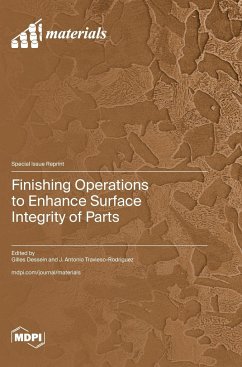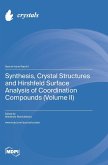Surface integrity management is remarkably important when metal alloys are used to manufacture relevant parts. Advanced materials such as titanium, nickel alloys, non-ferrous alloys, or special steels make surface integrity preservation after machining particularly difficult. Consequently, thorough finishing techniques are required to rectify the surface integrity. Engineering surfaces that exemplify the importance of surface integrity control are typically found in the transportation industry. Pieces formed using complex curved surfaces, such as turbine blades or landing gears, and molds and dies for upsetting operations are good examples. These kinds of parts are often manufactured through 3- or 5-axis machining with the aid of successive adjacent passes of hemispherical tools, whereas this ball-end milling strategy allows one to achieve complex surfaces by following the desired shape through NC interpolations generated by a CAM (it also has deep constraints). In this context, processes such as burnishing, honing, plateau-honing, grinding, and shot-peening can contribute to improving the described surfaces in terms of texture, residual stress, and hardness, and are easily maneuverable from a procedural point of view. This Special Issue collected the research results on these kinds of finishing processes, which are very important to the transportation industry.
Hinweis: Dieser Artikel kann nur an eine deutsche Lieferadresse ausgeliefert werden.
Hinweis: Dieser Artikel kann nur an eine deutsche Lieferadresse ausgeliefert werden.








